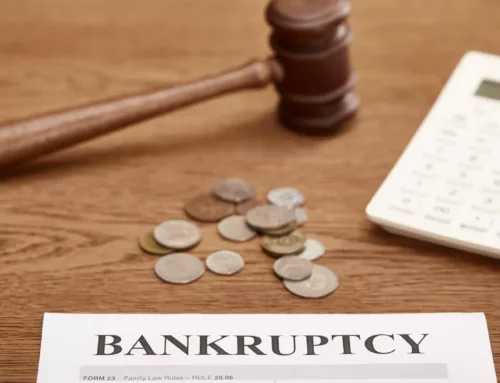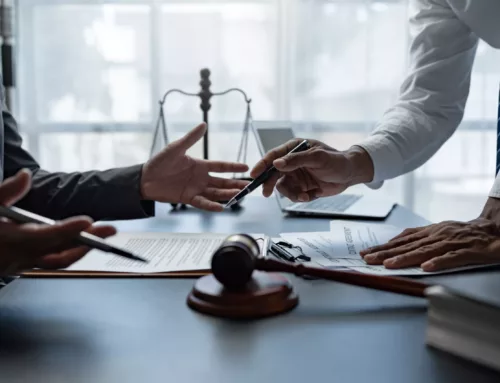The past year has been financially challenging for most people. Filing bankruptcy protection can help you get your life back on track and manage your debts. Declaring bankruptcy isn’t something that you should be ashamed of; as a matter of fact, it is a legal proceeding that enables you to be cleared from most debts owed and give you a fresh start. There are different bankruptcy laws given by the federal bankruptcy court under the U.S. bankruptcy code. In this article, we’ll give you a rundown of the two most common types of bankruptcy and list down their differences.
Bankruptcy Chapter 7
In bankruptcy Chapter 7, you will be given a “fresh start” as most of your debts will be erased. In this chapter, once you declare bankruptcy, a “bankruptcy discharge order” will be issued to you by the U.S. bankruptcy court. Debt collectors and creditors will be stopped from collecting a debt that has already been discharged. Unsecured debts or loans that aren’t backed by collateral or a guarantor are also cleared. This includes unpaid medical bills, credit card debts, personal loans, old tax debts, unpaid utility bills, and car loans.

If you’re planning to file bankruptcy Chapter 7, you should take the “ bankruptcy means test” which determines whether you’re eligible to file for bankruptcy based on your income and expenses in the past six months. If your disposable income is lower than the average income, then you’re qualified for a bankruptcy filing.
After filing, your assets will be collected by a trustee and liquidate every asset that isn’t exempted. Once your assets are liquidated, they will be distributed to your creditors and lenders, while the exempted amounts will be paid off to you.
Once you filed a Chapter 7 bankruptcy petition, an automatic stay will immediately take effect. It will stop any creditor, collection agency, or government entity from going after you. Wage garnishments, property foreclosures, eviction, and repossession of collaterals will be temporarily stopped and utility shutdowns due to unpaid bills will also be suspended. A Royal Oak bankruptcy attorney can discuss Chapter 7 bankruptcy in more detail.
Bankruptcy Chapter 13
In Chapter 13, you’ll be required to do monthly payments to your bankruptcy trustee and repay the amount owed through a repayment plan in a span of 3 to 5 years. A bankruptcy trustee will act as the plan administrator and properly distribute the monthly payments according to the reorganization plan. A “best interest of creditors” test will determine the amount that you must pay to your unsecured creditors. This test will ensure that your creditors won’t be put at a disadvantage once you file for Chapter 13.
Also called a wage earner’s plan, Chapter 13 offers a reorganization where the filer can make a monthly repayment plan work with their current monthly income and keep their non-exempt properties. Car loans can be modified as long as the legal requirements are met and the creditor will be paid. A house foreclosure can also be avoided by paying your HOA payment dues in a span of 3 to 5 years. Non-dischargeable debts can also be paid in full. A student loan debt, however, isn’t considered a priority debt and you may end up with more debt than what you initially had before bankruptcy.
Planning to file for bankruptcy? Consult a Royal Oak bankruptcy attorney today.
Filing for bankruptcy is doable without the help of a bankruptcy lawyer, but seeking the legal help of a competent local attorney can make the process easier for you.
Our lawyers at Hammerschmidt, Stickradt & Associates or HS&A, P.C. are experienced in dealing with bankruptcy filings and can give you the help you need. If you have any questions regarding the bankruptcy process, our law firm can help. Contact us today for a free consultation.



